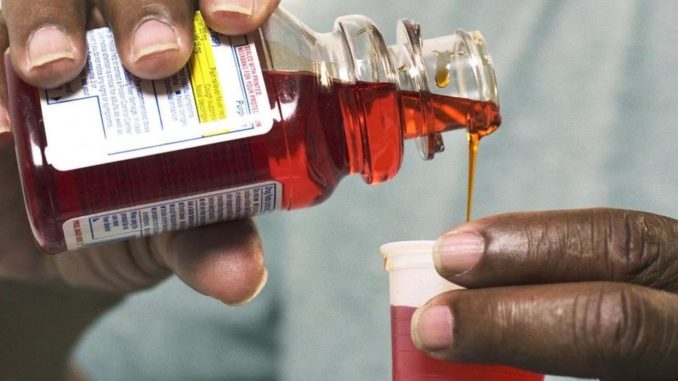Tanzania, Rwanda, and Zimbabwe Join African Recall of J&J Cough Syrup

In response to Nigeria’s health regulator’s findings of elevated toxicity levels in a batch of Johnson & Johnson (J&J) children’s cough syrup, drug regulators in Tanzania, Rwanda, and Zimbabwe have initiated recalls as a precautionary measure. This action adds to the previous recalls by Nigeria, Kenya, and South Africa, collectively addressing safety concerns surrounding the syrup, which is commonly used to treat coughs, hay fever, and other allergic reactions in children. Additionally, South Africa has recalled an additional batch of the syrup.
Thank you for reading this post, don’t forget to subscribe!
The laboratory tests conducted by Nigeria’s health regulator revealed a high concentration of diethylene glycol in the syrup. This substance has been associated with numerous child fatalities in countries such as Gambia, Uzbekistan, and Cameroon since 2022, marking one of the most severe incidents of oral medication poisoning globally. Diethylene glycol is known to be toxic to humans and can lead to acute kidney failure.
The recalled batch of Benylin Paediatric syrup was manufactured by J&J in South Africa in May 2021, although ownership of the brand has since transferred to Kenvue after a spin-off from J&J last year.
Tanzania’s Medicines and Medical Devices Authority (TMDA) initiated the recall on April 12 upon learning of the Nigerian test results. According to TMDA spokesperson Gaudensia Simwanza, the recall aims to swiftly remove affected drugs from the market, prioritizing consumer safety.
Meanwhile, Kenya’s drug regulator is awaiting test results on the syrup, expected to be available by Wednesday. Rwanda’s Food and Drugs Authority issued a recall as a precautionary measure, despite no adverse events being reported in its safety database.
Zimbabwe’s Medicines Control Agency expressed concern over the potential illegal entry of the syrup into the local market and pledged to bolster inspections to prevent its distribution.
Kenvue, the current owner of the brand, stated that it is conducting its own assessment and collaborating with health authorities to determine the appropriate course of action.





